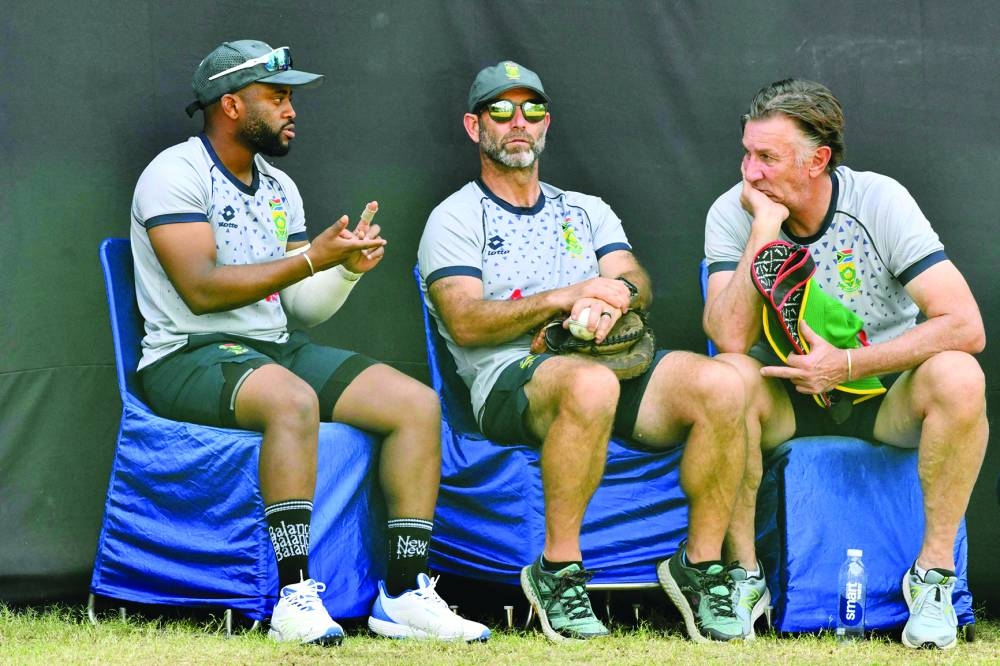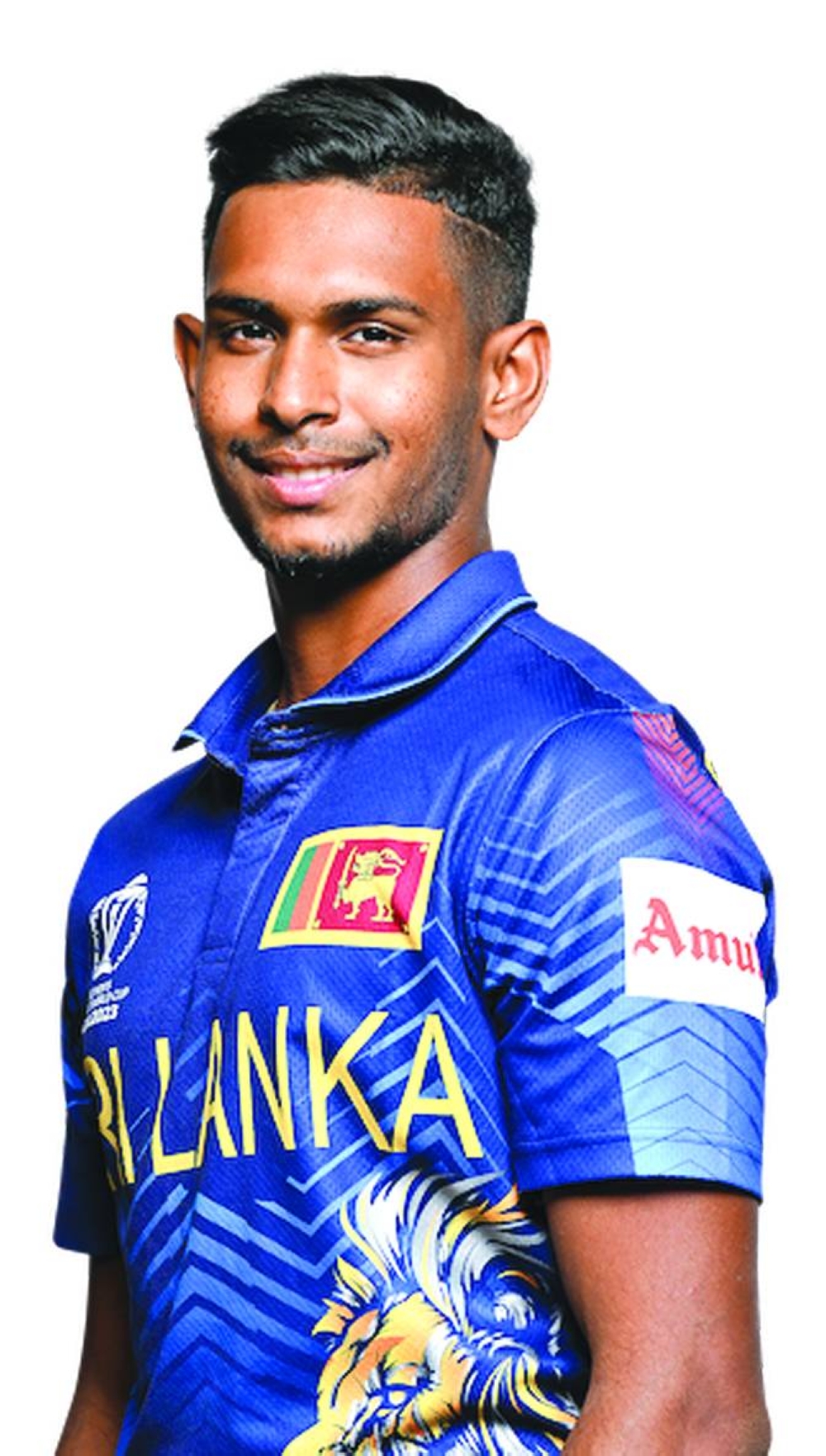Sri Lanka fast bowler Matheesha Pathirana was on Friday backed by coach Chris Silverwood to be the “X Factor” at the World Cup.
The 20-year-old, dubbed “Baby Malinga” for his copycat style of compatriot Lasith Malinga’s unorthodox action, has only played 10 ODIs and one T20 but is tipped to be amongst the tournament’s breakout stars.
His first chance to impress will come on Saturday when 1996 champions Sri Lanka take on South Africa in New Delhi in their World Cup opener.
“To get away from the orthodox bowling action, to see someone like Pathirana, for me it was, okay, how do I work with this guy?” said Silverwood.
“I find myself listening to him a lot because I’m not going to tinker with his action. It’s his own, it’s his, and it works for him.
“For me, it’s about teaching him how to bowl now in ODI cricket. The last thing I want to do is take the X Factor away from him and that’s what he’s got.”
Pathirana made an impact on M S Dhoni when he played alongside the former India captain for the Chennai Super Kings in the IPL.
Dhoni even suggested that Pathirana should steer clear of Tests and red-ball cricket to focus primarily on short-format T20.
Dhoni also said that even the youngster’s ODI commitments should be limited.
However, Silverwood insisted Sri Lankan cricket would be worse off if Pathirana chose those options.
“I think it would be wrong for us not to have him out there and not let Sri Lankan people see what their young talented cricketers can do out on the cricket field,” said the former England fast bowler.
“I get very excited about the young talent coming through, they go out there, spread their wings and fly. And let’s see what they can achieve.”
There are questions over the future of ODI cricket and even the relevance of the World Cup.
In Thursday’s tournament opener between defending champions England and New Zealand at the cavernous 132,000-seater stadium in Ahmedabad, fans trickled in.
Officials claimed there were 40,000 people in the ground in the later stages although many present insisted that figure was optimistic. “T20 is here to stay and it’s a beast of its own now and I don’t think you can do anything about that,” added Silverwood.
“It’s attractive, it’s got all the razzmatazz, especially when you look at the IPL and the glamour that goes around that and equally the money that’s available for the players.
“But if we and all the teams here can put on a good show and show that this format of a game is great as well, I think it will go a long way to promoting it.”
‘Chokers’ tag will always follow South Africa, says Bavuma
South Africa skipper Temba Bavuma admitted on Friday that his country’s reputation for being World Cup “chokers” will only be shed when they capture an elusive maiden international trophy.
The Proteas have often been undone by the weather as well as losing their nerve at key moments with victory within their clutches. In 1992, they were handed a rain-revised and mathematically impossible target of 22 runs off one ball to defeat England in the semi-final.
Eleven years later, they misread the rain rules in a tied match with Sri Lanka and exited their own tournament.
At the 1999 event, they conjured defeat from certain victory in a farcical finish in their semi-final with Australia.
In their eight World Cup appearances since returning from the wilderness of the apartheid era, South Africa have made four semi-finals but never the championship match.
“As a South African team, we know we’re going to have that chip on our block, or that narrative that we have to get over,” said Bavuma.
“That’s always going to be there until we win a trophy.”
Bavuma admits that he has occasionally used the word “choker”.
But his team should be buoyed by being free of the baggage of past self-destruction - seven members of the 15-man squad in India have never played in a World Cup.
That figure includes the 33-year-old Bavuma.
“I think there are guys who believe that it applies to this team, there are guys who don’t believe that it applies to this team,” he said of the “chokers” tag.
“I think the belief amongst the team, that’s the most important bit I bring up to just make sure that we’re not kind of skirting around the issue.”

FROM LEFT: South Africa’s captain Temba Bavuma, head coach Rob Walter and bowling coach Eric Simons attend a practice session on the eve of their 2023 ICC World Cup match against Sri Lanka in New Delhi. (AFP)

Matheesha Pathirana
